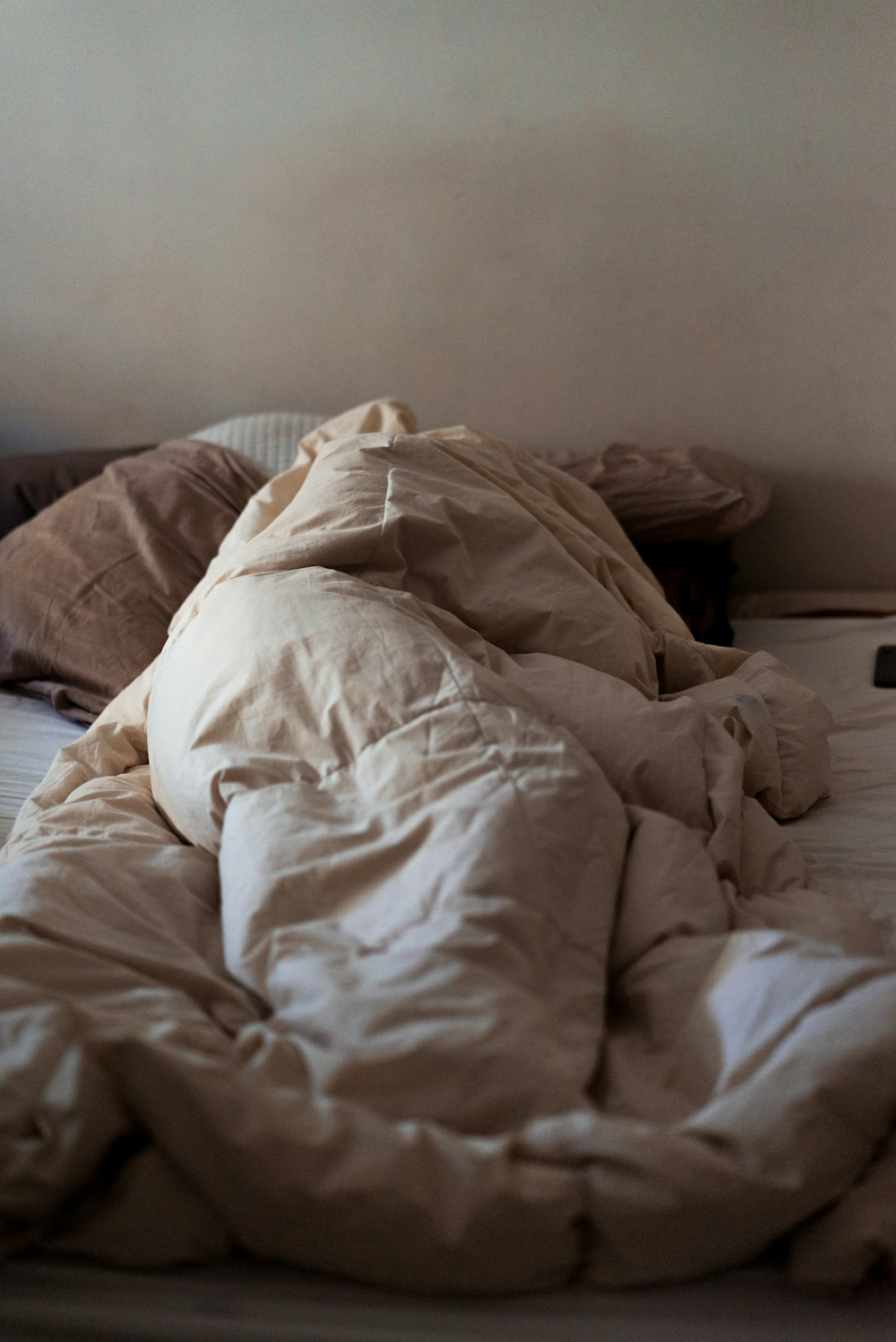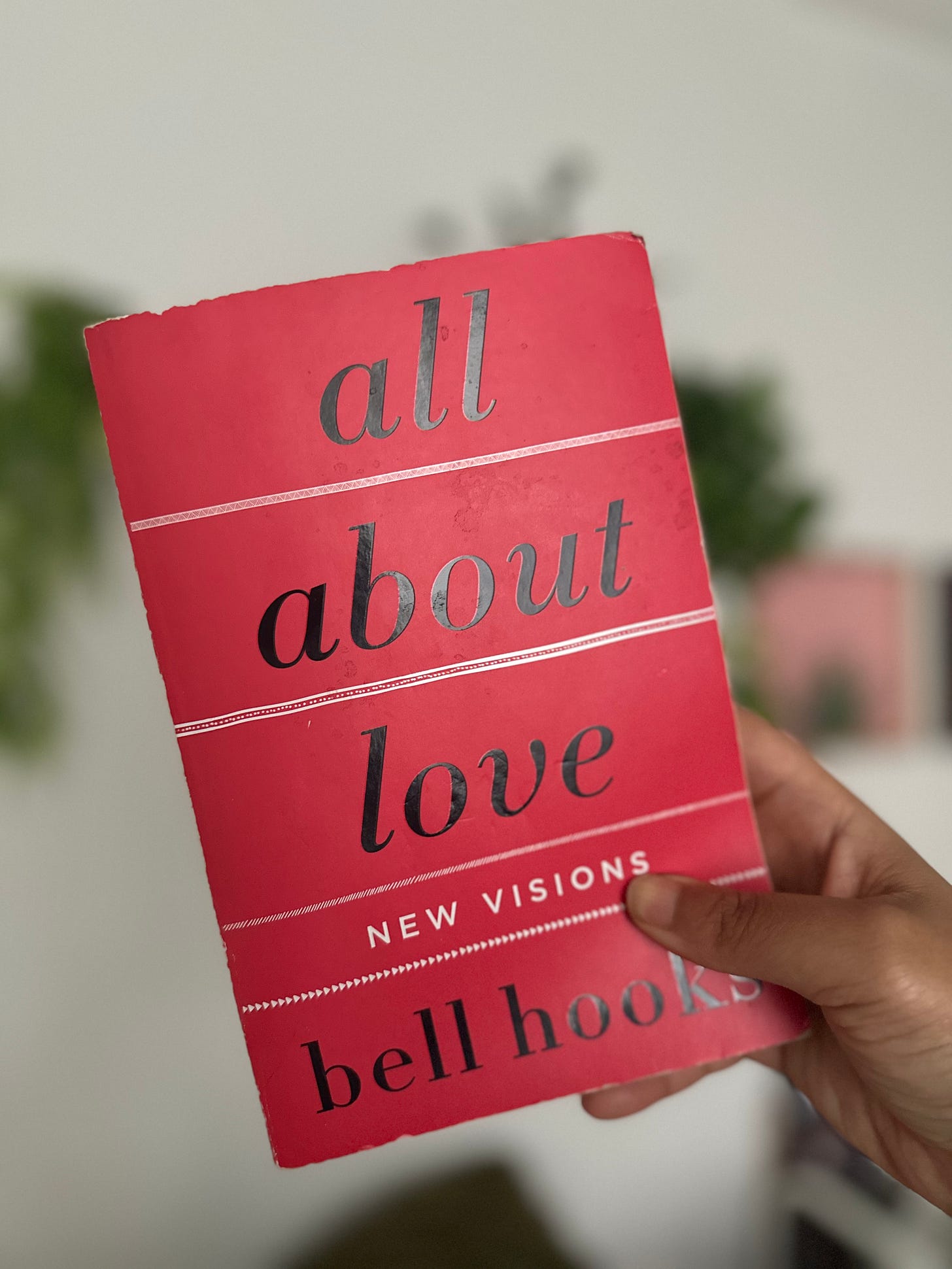
Preparing to post my March recap Reel, I sat at my desk toggling between my two Instagram pages. The post was not directly related to the blog and could easily live on my main feed. “But I’m just not that girl anymore,” I whispered, “It’s been too long to go back there.” I quickly caught myself, What the hell am I saying right now?
Three years ago, I gave up social media and spent almost all of 2021-22 logged out. After a breakup, I couldn’t handle the rapid pace at which the lives of others were changing while mine felt shattered and stagnant.
It hurt seeing the Friendsgivings, matching Christmas pajamas, vacations, proposals, and birthday shout-outs. Coupled with the exhausting social conversations I was being spoon-fed daily (should you go 50/50, coffee isn’t a first date, feminine vs masculine, the rise of personalities like Kevin Samuels and SheraSeven, red pill podcasters), my mind just couldn’t take it anymore.
The algorithm knows when you’re sad, lonely, and depressed, and mine was feeding off of me.
So, after another early morning of pandemic doomscrolling, flipping through sad meme after sad meme, it hit me… you know you can just log out, right? It wasn’t a grand event that needed broadcasting. I didn’t leave kicking and screaming. I don’t even remember how it happened. Just like the day I never logged back into MySpace or the moment I stopped posting to Facebook, one day I just deleted the app from my phone and never looked back.
Except I didn’t just log out of social media; I logged out of the world.
In my mind, to heal, I needed to enter an “isolation season” and learn how to do life alone.
It was one of the most toxic and damaging things I could have done to myself.
Despite growing overwhelmingly sad with the quality of life I was creating, I kept myself deep in the hole. I told myself I needed this. “Healing is not a group project,” I would say confidently in the mirror with tears running down my face. So, day after day, I sat alone, feeling embarrassed that I had ever shared so much of myself. I grew angry at being so open and inviting, so trusting. I was certain the people I’d surrounded myself with were the reason everything felt so terrible. I convinced myself that God was purposefully removing everyone and everything from my life — in reality, that was all me.
Retreating was supposed to help me make room for joy, peace, and clarity. Instead, I created the loneliest version of myself. I didn’t like her very much.
At the height of my isolation, I was highly cynical about everything. I’d catch myself saying, ‘people are just selfish liars,’ and, ‘no one but you has your best interest at heart.’ I became jaded to the idea that goodness even existed. I’d see posts like, “Isn’t it funny how when you’re healing you don’t want to be around anything or anybody? Nothing interests you anymore,” and I’d agree wholeheartedly.
The logic here is that growth happens in isolation. That magic is made in the shadows. That to obtain internal happiness, you have to set yourself apart both literally and figuratively.
And while there is something to be said about the moments where we’re placed in seasons of discipline, focus, reflection, and so on, isolation as a form of healing has culturally become an act of self-preservation. They can’t harm what they can’t touch.
This type of isolation, I believe, has a lot to do with how our society has conditioned us to repress our deeper, darker emotions in favor of more palatable ones. We see how people treat the suffering, how they disregard any emotion outside of positivity. When we are emotionally sick, we’re told to disappear until we are socially acceptable again, lest we spread our negativity onto others. We live in a world that says nobody has time for your tears, your anger, your disappointments. We all have it hard. Now go in a corner, shut up, and come back once you’ve figured yourself out.
Therein lies the trap. Do we ever fully figure ourselves out? If it’s true that growth only stops once we’re dead, when does our self-imposed isolation end, and a new life begin again? For some of us it never does.
It’s the sunk cost fallacy. We tell ourselves that because we’ve spent so much time going in this direction, we have to see it through, even if it hurts us, even if we are depressed and lonely. We convince ourselves that it’s easier this way, therefore it’s better this way.
There gets to be a point where isolation becomes the path of least resistance.
With hardened hearts, we close ourselves off to the possibility of duality. We reject the idea that we can heal our deepest wounds while remaining fully present in the world and with each other.
What if, when the hardships come, instead of leaning away, we find something worth leaning towards—divorcing ourselves from the systemic teachings that led us to believe our self-centeredness will somehow save us.
In one of my favorite books, All About Love, Bell Hooks discusses the importance of healing in community. She states, according to M. Scott Peck, that community is a group of individuals “who have developed some significant commitment to rejoice together, mourn together, and to delight in each other, making others conditions their own.” Bell Hooks goes on to say, “it is more fulfilling to live one’s life within a circle of love… love allows us to confront negative realities in a manner that is life-affirming and life-enhancing.”
We were never meant to walk through life alone, and we rob ourselves of the best parts of living when we decide to seclude ourselves.
So, how do we undo the damage of isolation? We choose to stop healing from a place that makes us less human.
We position our hearts towards receiving the abundant love life has to offer, reminding ourselves along the way that healing's true purpose is to regenerate and restore, always leaving us with more than what we came with. We choose not to forget that the return is just as important as the retreat. Understanding that every season must eventually come to an end, we reckon with the lessons we forced ourselves to learn the hard way, knowing now that there are better routes. Abandoning society's lies that it’s just me, myself, and I.
In my healing, I now draw strength for my darkest hours from the people, places, and things that hold me upright when my wounded version seeks the self-sabotaging comfort that comes with being alone. I remind myself that I am worthy of taking up space in this life, this world, at my highest of highs and my lowest of lows. I no longer shelter from the rain; I dance in it. I’m not afraid to heal out loud, to share my journey with the world, and to find strength within the collective.
I now see that healing is indeed one big group project. We need each other to survive, to thrive, and to navigate the complexities of life.
We always have.



Healing out loud....(my takeaway)